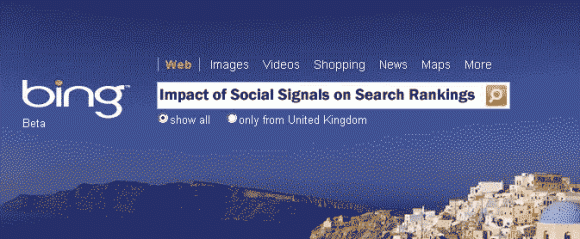This post will explore the benefits of having a company blog. It’s all good having a blog, but you actually need to use it, and use it effectively!
What is the Purpose of a Blog and What Can it Be Used For?
Businesses have begun to utilise blogs in order to keep up to date with the constant changes in communication and web marketing. A blog can be used as a platform for several different purposes, which can subsequently benefit the company in numerous ways:
Improve Communication
Blog posts can initiate commentary and discussion, and enable interaction between users. A blog can also be used as a platform for users to ask questions relating to the blog post. A good company will monitor their blog and provide responses to any customer queries.
Public Relations
Blogs not only enable effective communication between the company and its clients (or potential clients), they also allow you to build a relationship with them. A blog can be used to represent the ‘voice’ or personality behind the company.
Having a personality behind the brand is an effective marketing approach, and people are actually more likely to interact and engage with a company or brand that is aware of the public and their needs.
Promotions, Updates and Announcements
Companies can effectively use blogs to advertise promotions, host competitions, and to make company announcements (or help them recruit).
Optimising Social Reach
A blog can also be used as a tool to extend your social reach. It is all well and good having a blog and posting regular content, but in order to maximise its potential, you need to include social sharing buttons (Facebook ‘Like’, ‘Tweet’, ‘g+1’, etc.).

What are the Benefits of Blogging?
There are many benefits to why a company should blog as it can help develop your company profile in numerous ways:
Brand Awareness
Blogging can help create brand awareness and further develop your brand identity. The more online content that is produced by your company and hosted on your blog, the more people are likely to see it. Subsequently, this can lead to increased traffic and more sales.
Portraying Knowledge
You can also use your blog as a platform to display knowledge of your industry and position yourself as an expert in your field.

Authority
Blogging can help you acquire authority within your niche. As you provide useful and interesting posts for your readers, they can begin to relate to the ‘voice’ behind the brand. By writing about topics of interest, you have the potential to be able to establish yourself as a key influencer within your niche.
Trust
With authority comes trust, and by having sufficient authority you have the potential to be regarded as a trustworthy source among many internet users. Trust is a key element in the infrastructure of brand identity, and is built upon relationships. Having regular contact with your clients is imperative for a strong online community, and surveys have actually shown that people tend to put more trust in companies that are actively engaged in blogging.
Why is Blogging Important for SEO?
Blogging is important for SEO for a number of reasons. It is worth noting that a company blog can benefit your site more if it is integrated into your site, rather than on an external domain. This is because the links created and social shares will add value to the domain that the blog is hosted on.
Fresh Content
Search engines love sites that are regularly updated with keyword-rich, relevant content. If you continually update your site with fresh content, Google will re-index your site more frequently. New pages will be indexed at a faster rate, and will appear in the search engines more quickly. This will ultimately give your rankings a boost and give your website more presence in the SERPs.
Social Signals
Google (and Bing) have confirmed that their algorithms measure social signals, and that social links shared through Twitter and Facebook etc. have a direct impact on rankings.

Implementing social sharing buttons on your blog will allow Google to index your social activity.
Internal Links
Internal links play an important role in your onsite search engine optimisation. Your linking structure; how you link to other pages within your site helps search engines find pages on your site, index them, and rank them for specific keywords.
External Links
External links are links to your site from external sources. An active blog and community can encourage natural external linking and help to increase your backlink profile. A good backlink profile can help you rank better in search engines.
Boost Traffic
Ensuring your blog posts include relevant information and appropriate keywords can increase the overall visibility of your site, creating more leads for traffic.
What do you publish on your blog? What content has been best received? Share your ideas with us by leaving a comment below…


